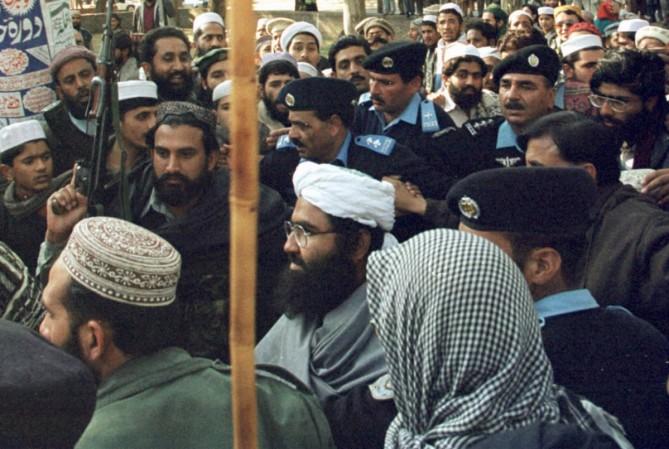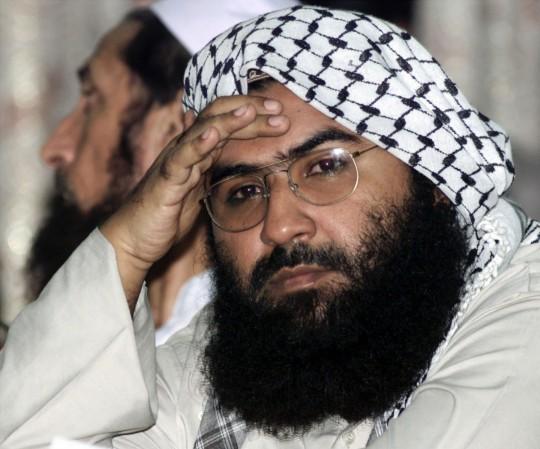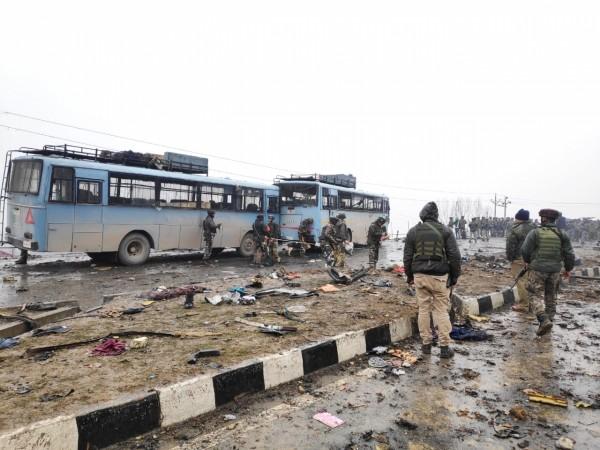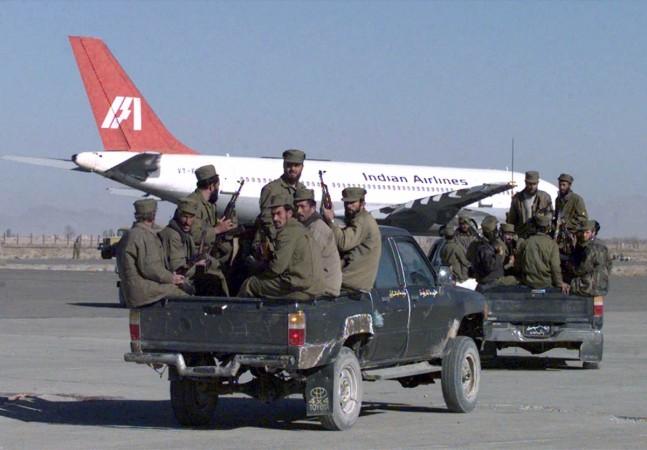
Dreaded Jaish-e-Mohammad chief Maulana Masood Azhar is back in the news after the Pulwama attack last week in which 40 CRPF jawans were martyred. A note by a former Intelligence Bureau official has revealed interesting insights into the man who has been the sharpest thorn on India's side ever since his release from prison in 1999 following the hijacking of IC-814.
Writing in the Economic Times, former IB official Avinash Mohananey, who served in Kashmir and Pakistan, speaks about the up and coming terror operative whom he interrogated several times between 1994 and 1999. It's clear from Mohananey's revelations how big an operative slipped through India's hands in 1999 and how damaging the consequences have been 20 long years later.

Mohananey remembers that 25 years ago, Masood Azhar was a treasure trove of information on how deeply Pakistan is involved in the Kashmir insurgency. "Every meeting with him would be an addition to the knowledge about Pak-based 'jehadi' groups, their mentors and the role of the ISI," the former sleuth writes.

In one of the quirks of destiny, the dreaded terrorist, who was arrested in 1994, was freed in 1999, along with two other terrorists in exchange for the 155 passengers on board an Air India plane to Kandahar that was hijacked. Azhar, who had fought the Russians in Afghanistan, went on to join Harkat-ul-Ansar, a Pakistan-based Islamic militant outfit.
He turned his attention on India in the 90s and was instrumental in bringing foreign fighters to Kashmir, including war veterans from Afghanistan. He arrived in India in 1994 but was arrested in Kashmir's Anantnag shortly thereafter. His release five years later was a watershed moment in India's fight against Kashmir militancy. A year after his release following the Kandahar plane hijacking, Azhar founded the Jaish-e-Mohammad, which means the 'Army of the Prophet'.

In his recollections on the big catch that Azhar was, Mohananey says that the dreaded terrorist boastfully maintained that he will be released from the Indian prison quite soon. He had told the sleuth that India cannot keep him in prism for long, a threat that came true in ominous circumstances in 1999. "You don't know how important I am for Pakistan and the ISI. You are underestimating my popularity. The ISI would ensure that I am back in Pakistan," the militant had said.
Mohananey also writes about the circumstances under which Azhar was arrested in Anantnag in 1994. The boastful militant who waxed eloquent of his importance in Pakistan, however, could not take the pressure of interrogation. He crumbled soon and started 'singing like a canary' says Mohananey.
After Azhar's return to Pakistan after the Kandahar plane hijacking, his stock in Pakistan's jihadi circles soared sky-high. He became the prized possession of the ISI establishment that wanted to further the militant and separatist activity in Kashmir. In the aftermath of the Pulwama attack, the whole focus of the county is on retribution. The right retaliation will be nothing less than getting Azhar back and making him face justice. The events of 1999 will remain starkly important for many years to come.









